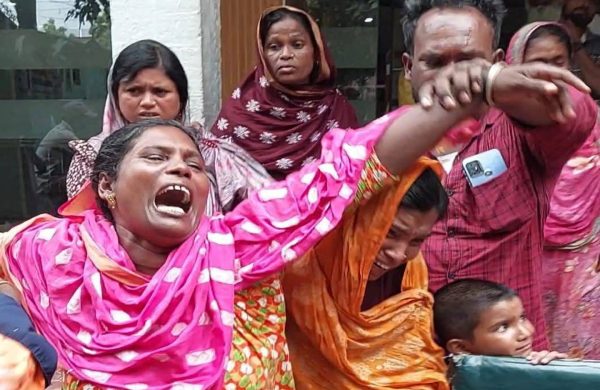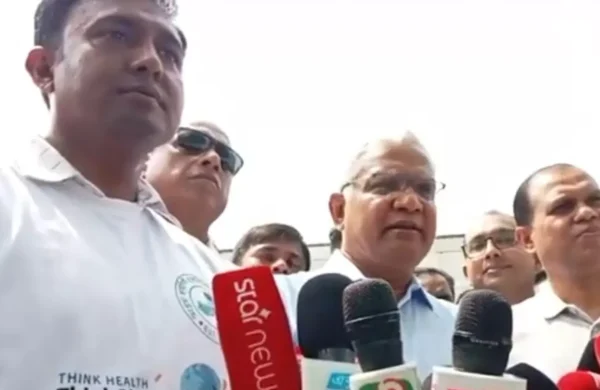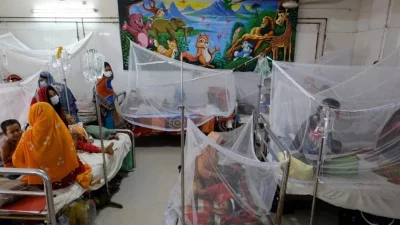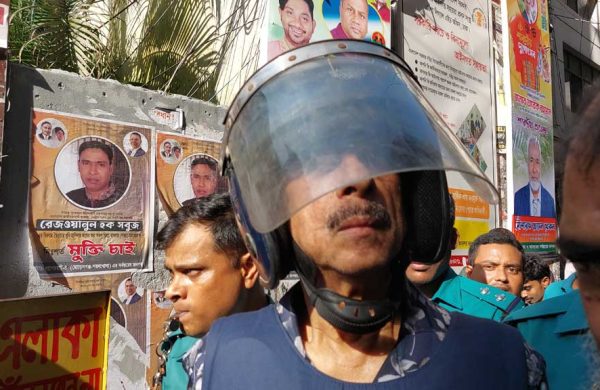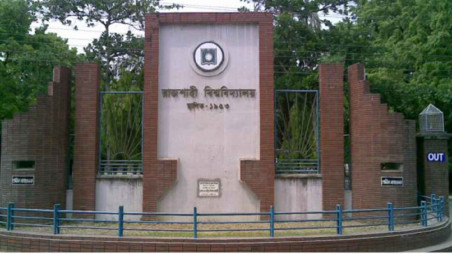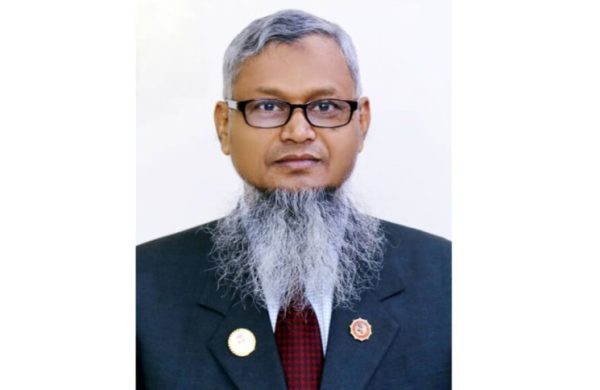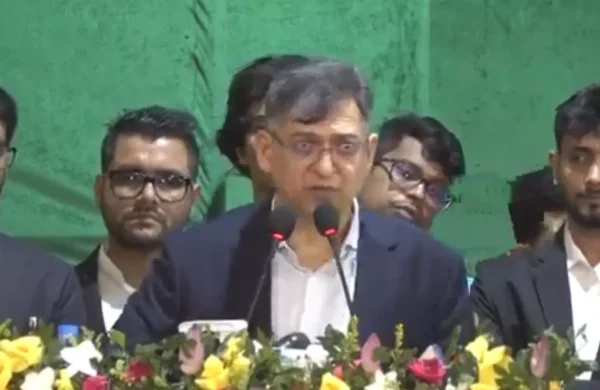Can’t change law: CEC rules out PR system, citing constitution, RPO
- Update Time : Thursday, September 25, 2025
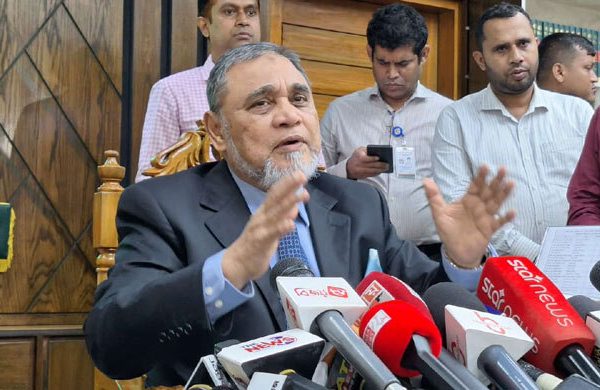
Staff Correspondent:
Chief Election Commissioner AMM Nasir Uddin has flatly ruled out the possibility of introducing a proportional representation (PR) system in Bangladesh’s next national election, saying it is beyond the Commission’s mandate.
“The PR system is not in the Constitution. It is not in the Representation of the People Order (RPO). We cannot change the law,” Nasir Uddin told journalists at the Election Commission headquarters in Agargaon, Dhaka, on Thursday, September 25.
Asked if polls could still be held in February under PR, the CEC dismissed the notion: “If the RPO is changed, then the Constitution must also be changed. That is beyond our authority.”
He stressed that the matter is purely political and must be resolved in Parliament. “Let the political parties come to a settlement. We cannot impose it,” he said.
CEC Nasir Uddin assured that all political “noise” will subside before the upcoming February elections, and the Election Commission (EC) will leave no stone unturned in ensuring a level playing field for all contenders.
Final preparations are already underway for elections scheduled before Ramadan, with the official timetable to be announced two months in advance. “I hope no one participates in this election with the intention of committing a foul,” the CEC said.
Drawing parallels with past electoral cycles, he noted that similar turbulence preceded the 1991, 1996, and 2008 elections. “When election time comes, everything cools down—and it will this time too,” he asserted. “The EC will do its utmost to create equal opportunities for everyone.”
During the wide-ranging interaction, the CEC also discussed his recent visit to Canada, the controversy over the “Shapla” (water lily) symbol, the question of inviting the Jatiya Party to upcoming dialogues, public relations strategies, postal voting for expatriates, new party registrations, and broader electoral environment preparations.
Reflecting on his two-week trip to Canada, the CEC said he engaged extensively with the Bangladeshi diaspora. “Many expatriates told me they are beginning to restore their confidence in the EC,” he shared. “There was a sense of distrust, but after I explained our initiatives—our efforts to make the election fair, inclusive, and participatory, as well as ongoing legal reforms—they expressed great satisfaction.”
He added that his presence significantly boosted their trust. “My visit has elevated their confidence to a high level. Postal voting for expatriates has taken its first steps—it’s like a small child learning to walk. This is a historic moment. I urged them: be our partner, participate; our joint efforts will bear fruit.”
The CEC highlighted that discussions on IT-supported postal voting were held in Toronto and Ottawa, where interest was strong. “We can deliver postal voting very easily,” he said. “The government is also cooperating. This time, expatriates will finally be able to exercise their right to vote.”
While EC officials have held consultations with diaspora communities in several countries, there is growing interest in engaging with Bangladeshis in the Middle East as well. However, the CEC acknowledged logistical challenges. “Half of our expatriates are in the Middle East, but it’s not easy to bring them together for dialogue due to various constraints,” he explained. “In contrast, outreach is far more feasible in countries like Canada, the United States, and Japan.”
He expressed confidence that lessons from the Canada tour would help overcome these hurdles. “We hope to achieve meaningful success, bridge existing gaps, and streamline the registration process for overseas voters.”
ON DELAYS IN NEW PARTY REGISTRATIONS
The registration of new political parties was initially expected to conclude in September. While on-site verification has been completed for 22 parties, the EC is now publishing public notices inviting objections—a step that has extended the timeline.
“The work is progressing quickly,” the CEC said. “Our target was to finish this month, but various complaints have emerged. We need to collect additional information and verify that the data submitted is accurate—that’s why it’s taking time.”
He clarified that even after a party receives an initial notification, the registration is not final. “If objections or complaints arise, they must be resolved before finalisation,” he said.
When asked which parties are likely to be approved, the CEC declined to name any. “We are not gathering information through intelligence agencies,” he stressed. “We are following our own transparent, procedural approach.”


